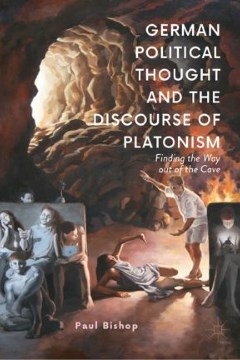Repository | Book | Chapter

(2019) German political thought and the discourse of Platonism, Basingstoke, Palgrave Macmillan.
The sense that the individual human being is both temporal and eternal, phenomenal and noumenal, links Kant with the discourse of Platonism in the German tradition of political thought. Despite the normative (i.e., rule-based) emphasis of Kant's ethics as compared with the prudential (i.e., virtue-based) emphasis of Plato's, there are important parallels between Kant and Plato. Although in the "Introduction" to the first Critique Kant initially criticizes Plato, in the "Transcendental Dialectic" of that work Kant expounds his understanding of the Platonic doctrine of the Idea and aligns his critical philosophy with Plato's metaphysics. In this way Kant activates, using the discourse of Platonism, the important notion of the ideal, in the specific sense that this term is used in German Idealism.
Publication details
DOI: 10.1007/978-3-030-04510-4_5
Full citation:
Bishop, P. (2019). Kant and the categorical imperative, in German political thought and the discourse of Platonism, Basingstoke, Palgrave Macmillan, pp. 127-154.
This document is unfortunately not available for download at the moment.



